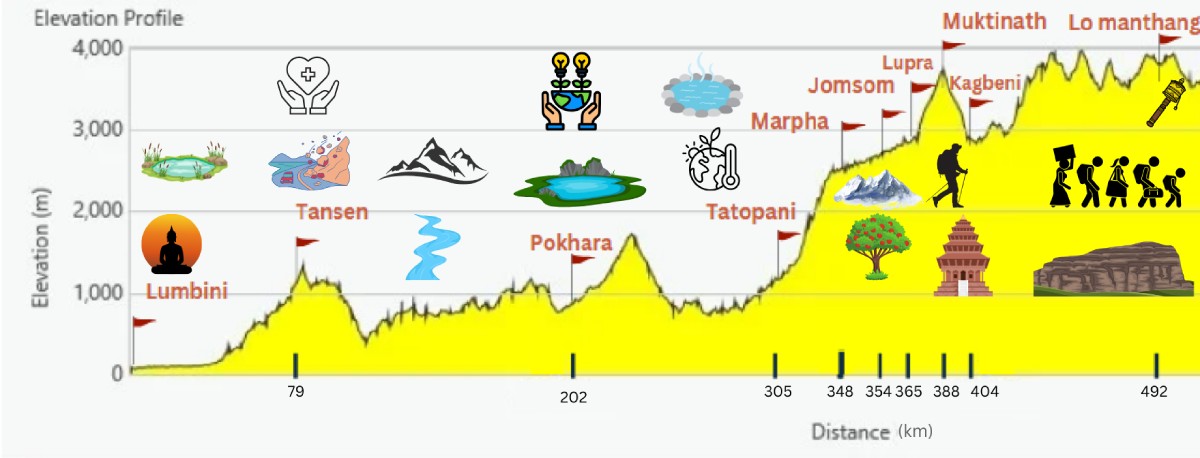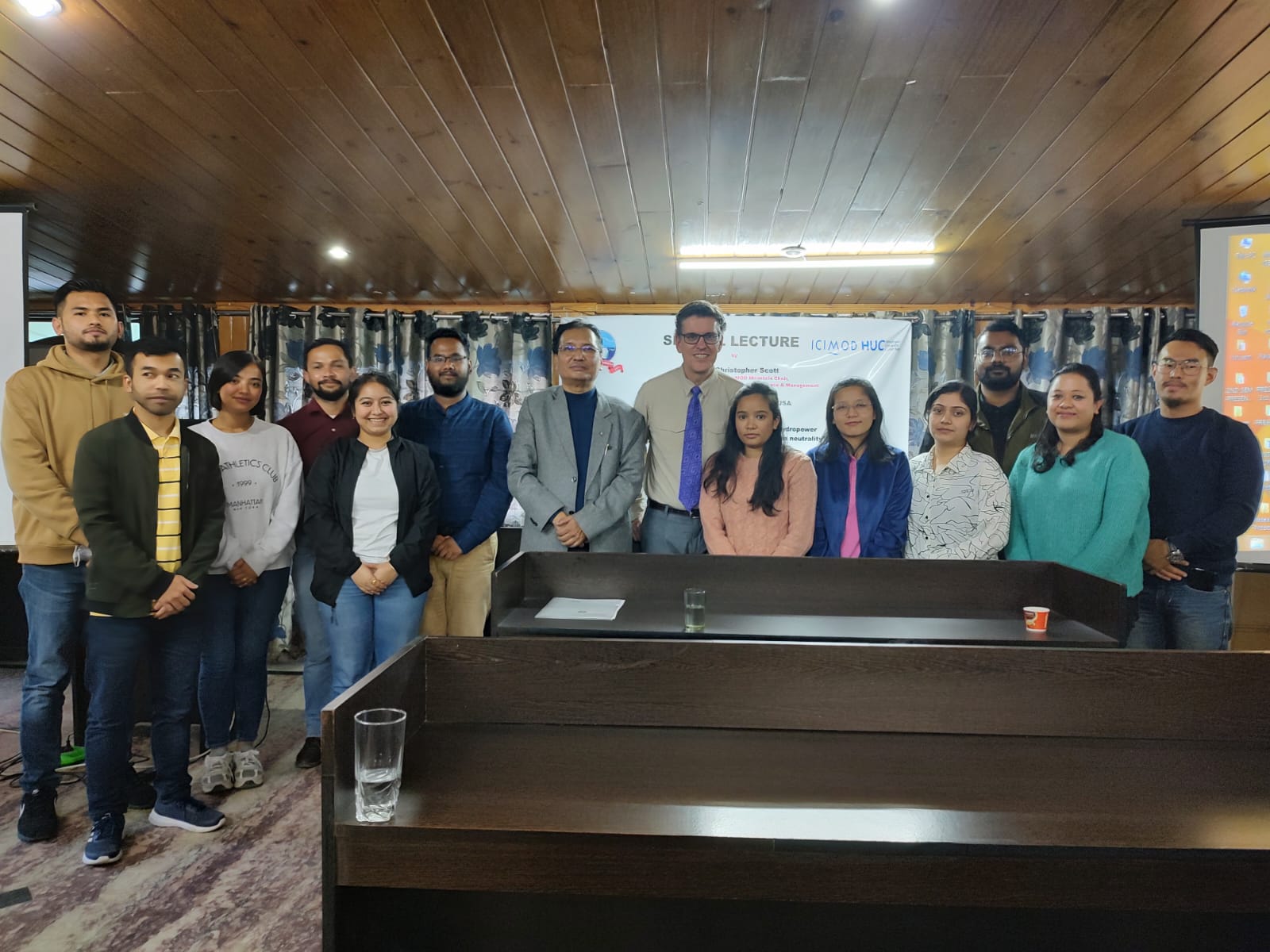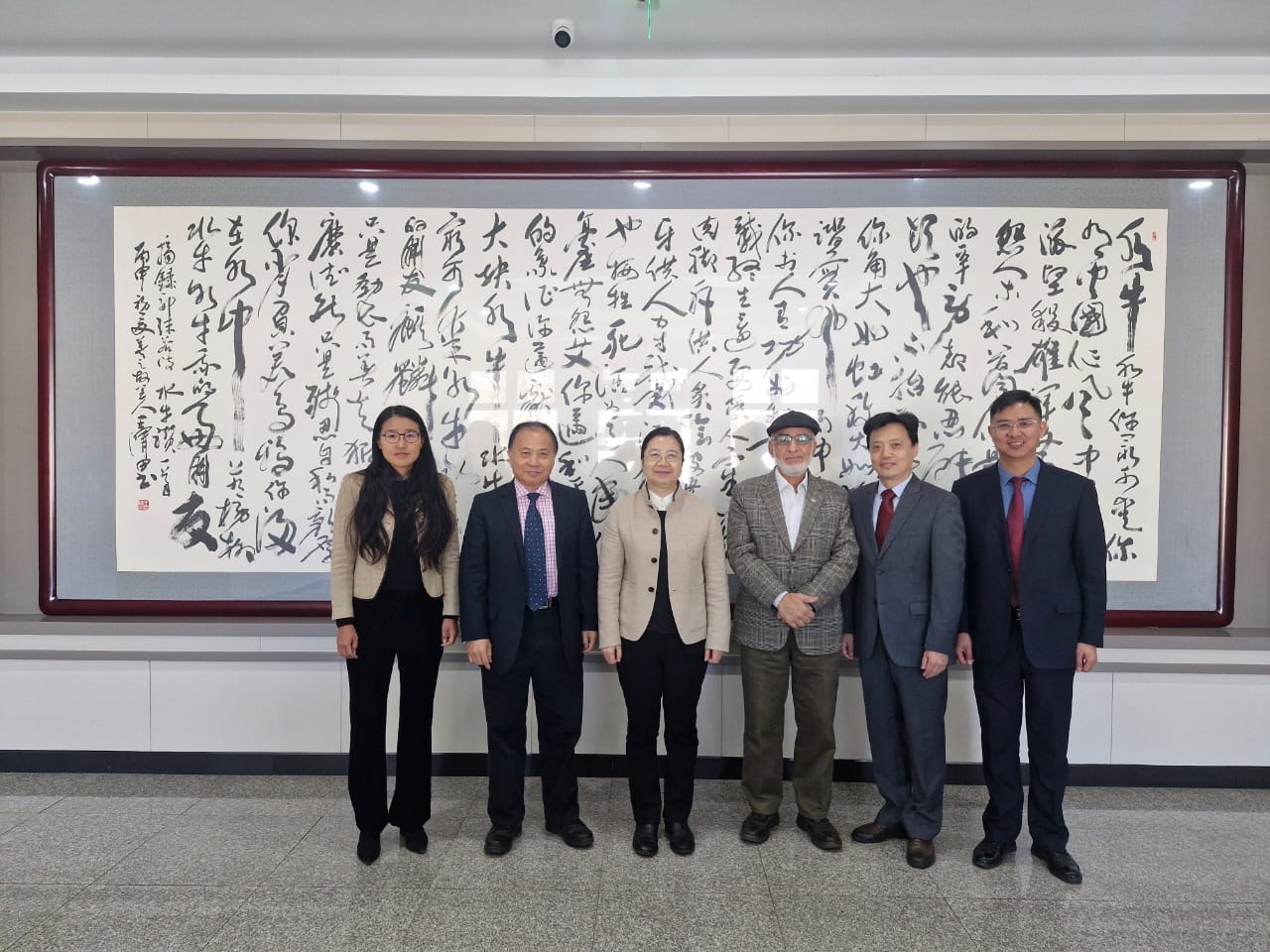In a pivotal move to advance regional academic collaboration and cross-border partnerships in higher education, Prof. Dr. Attaullah Shah, Vice Chancellor of Karakoram International University (KIU) and Chairperson of the Himalayan University Consortium (HUC) Steering Committee, completed a high-impact visit to China from February 17 to March 2, 2025. Sponsored under the CAS/ANSO Fellowship, the two-week tour marked a significant step in strengthening ties between Pakistani and Chinese academic institutions under multilateral frameworks like HUC and the China-Pakistan Joint Research Centre on Earth Sciences (CPJRC).
Strengthening Mountain Research Ties at IMHE, CAS
The visit commenced at the Institute of Mountain Hazards and Environment (IMHE), Chinese Academy of Sciences (CAS), Chengdu, where Prof. Shah held detailed discussions on scientific collaboration between KIU and CAS. Central to these talks was the China-Pakistan Joint Research Centre on Earth Sciences, with mutual interest in expanding research on climate change, disaster resilience, and sustainable mountain development. A formal signing ceremony underscored both parties’ commitment to fostering institutional cooperation and advancing science-led policy support in the Himalayan region.
Strategic Dialogue with UCAS Leadership
On February 24, Prof. Shah visited the University of Chinese Academy of Sciences (UCAS) in Beijing, where he met with Prof. Lin Xiao (Vice President), Dr. Huang Dingcheng (Deputy Director, International Affairs), and other senior officials. The session featured bilateral introductions, strategic dialogue, and a group photo to mark the occasion.
Prof. Shah highlighted the role of HUC as a dynamic platform for regional academic cooperation, outlining its vision and roadmap for the coming years. The UCAS leadership, including the influential Secretary Wang Yanfen, acknowledged HUC’s growing relevance, while also discussing bureaucratic challenges and institutional constraints that influence the depth of UCAS’s participation in international alliances. Notably, discussions explored the possibility of relocating the HUC Secretariat and securing sustainable funding, with Wang Yanfen considering raising HUC’s needs at the Ministry of Science and Technology.
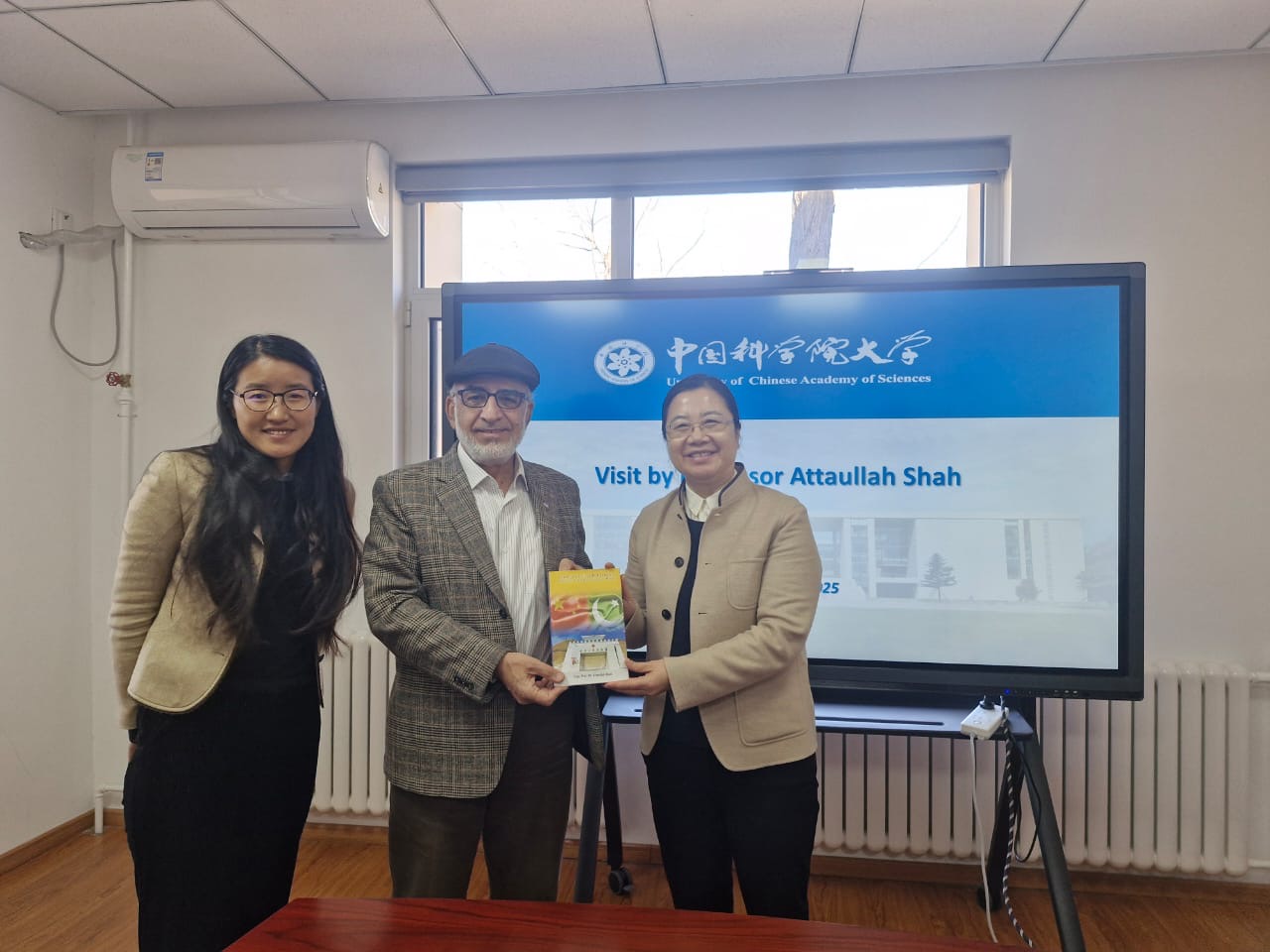
Discussions with China-Pakistan Joint Centre Leadership
Among the participants in Beijing was Prof. Hong Tianhua, Executive Director of the China-Pakistan Joint Research Centre on Earth Sciences. Prof. Hong expressed a keen interest in hosting the HUC Secretariat—a potential turning point in addressing structural limitations and enhancing operational autonomy for HUC. This proposal will be subject to further evaluation and coordination with ICIMOD and relevant ministries.
Expanding Regional Engagement in Xi’an and Urumqi
Following his engagements in Beijing, Prof. Shah travelled to Xi’an, where he met with academic leaders at Northwest University and Xi’an University of Architecture and Technology. Invited by Professors Li Tao and Xu Zhang respectively, these visits focused on future joint research initiatives, faculty and student exchange programs, and regional outreach under the HUC umbrella.
The final leg of the journey took Prof. Shah to Urumqi before his return to Islamabad on March 3. Throughout his travels, Prof. Shah actively promoted the vision of HUC as a collaborative academic hub addressing the sustainable development needs of the Himalayan region.
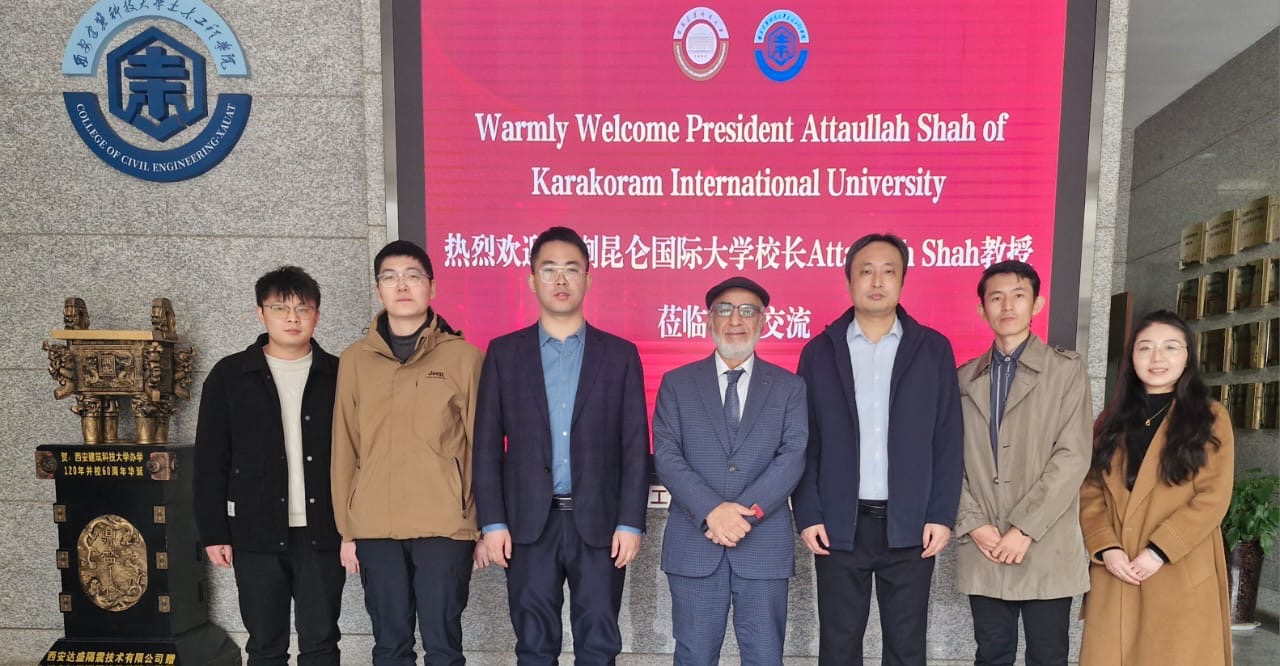
A Vision for Inclusive Academic Collaboration
Prof. Shah’s engagements underscore a growing recognition of HUC’s role in fostering transboundary partnerships among institutions in mountainous regions. While the discussions revealed challenges such as management bottlenecks, risk perceptions, and bureaucratic approval chains they also unveiled opportunities. Support from Chinese stakeholders and academic leaders signals momentum for greater institutional convergence in the realms of science, education, and sustainability.

